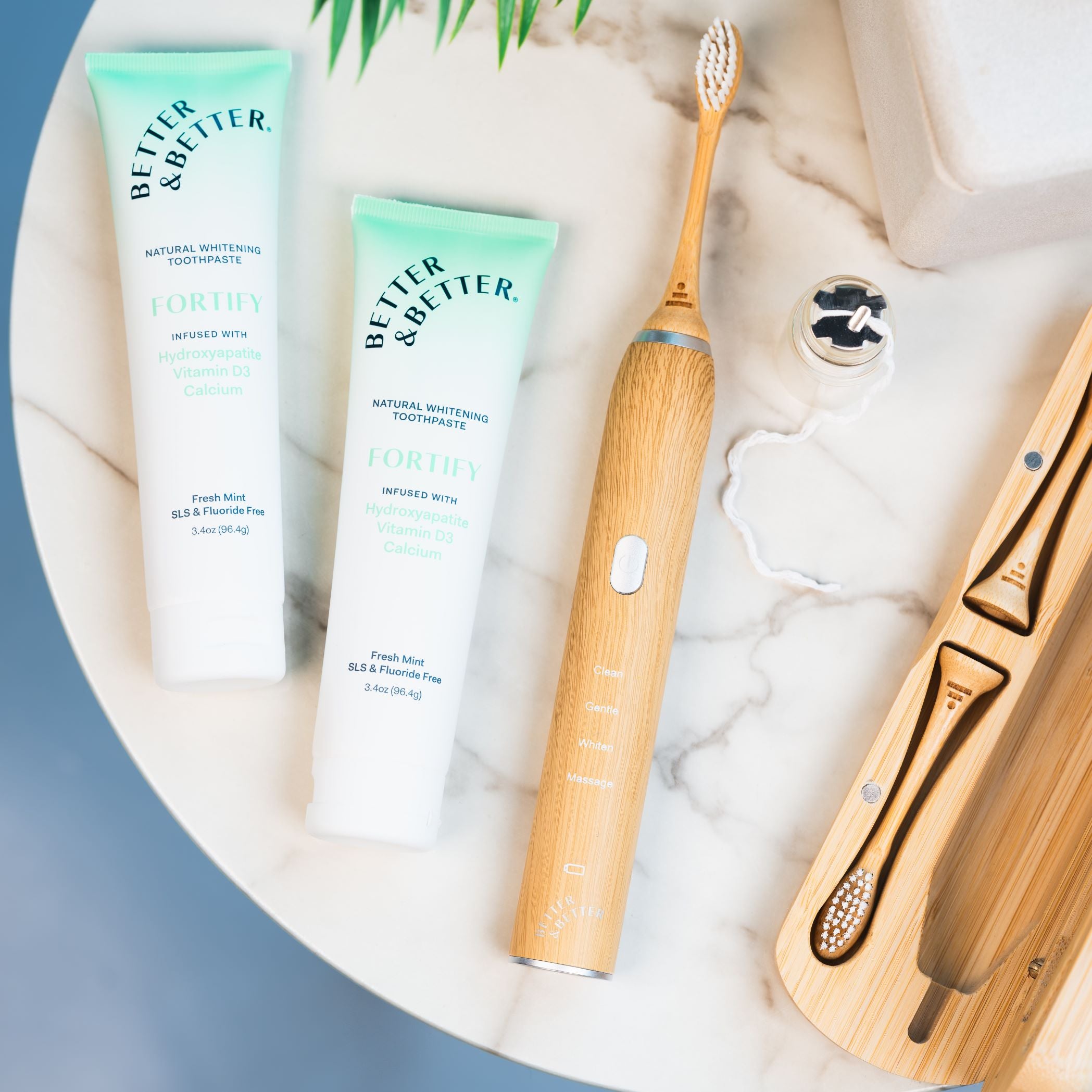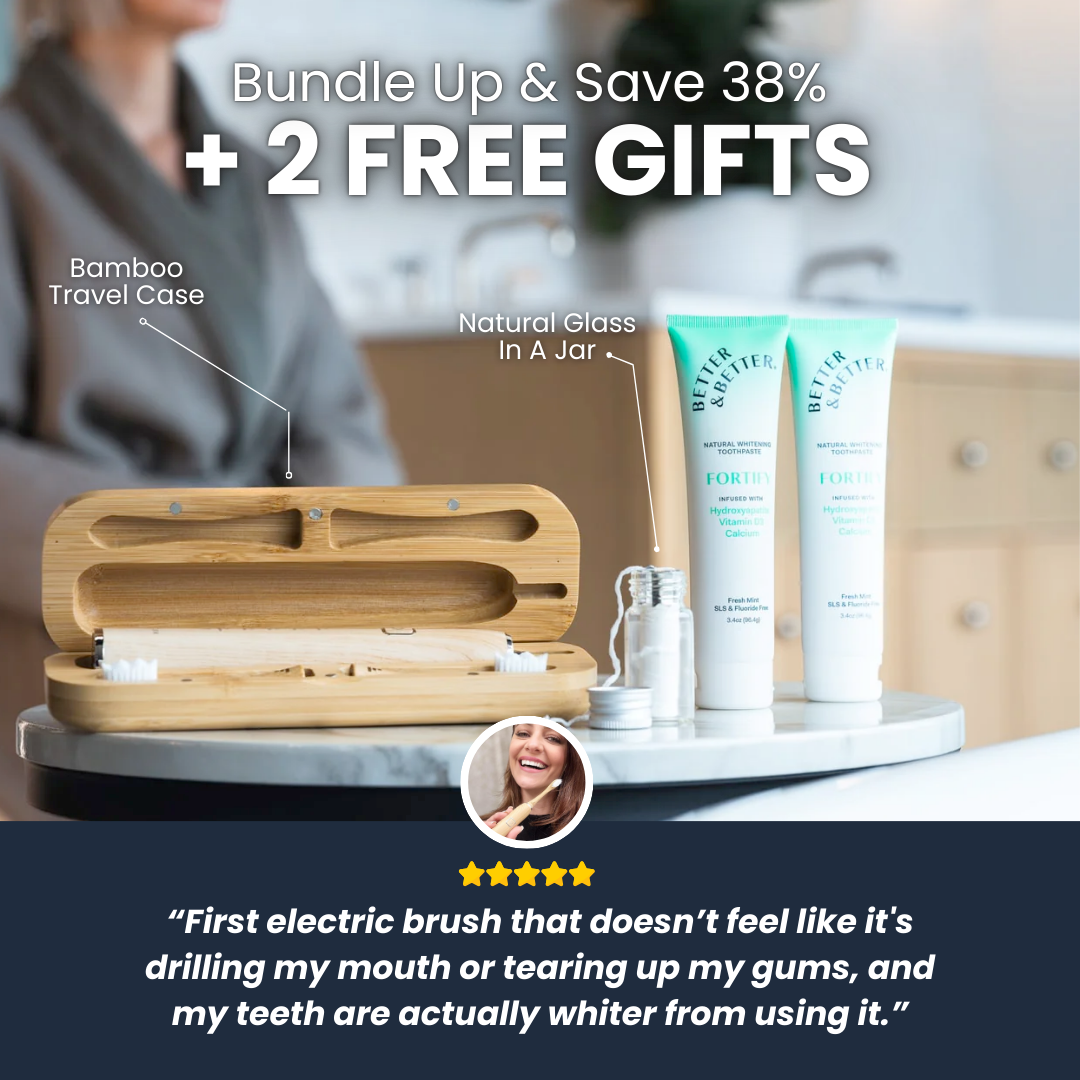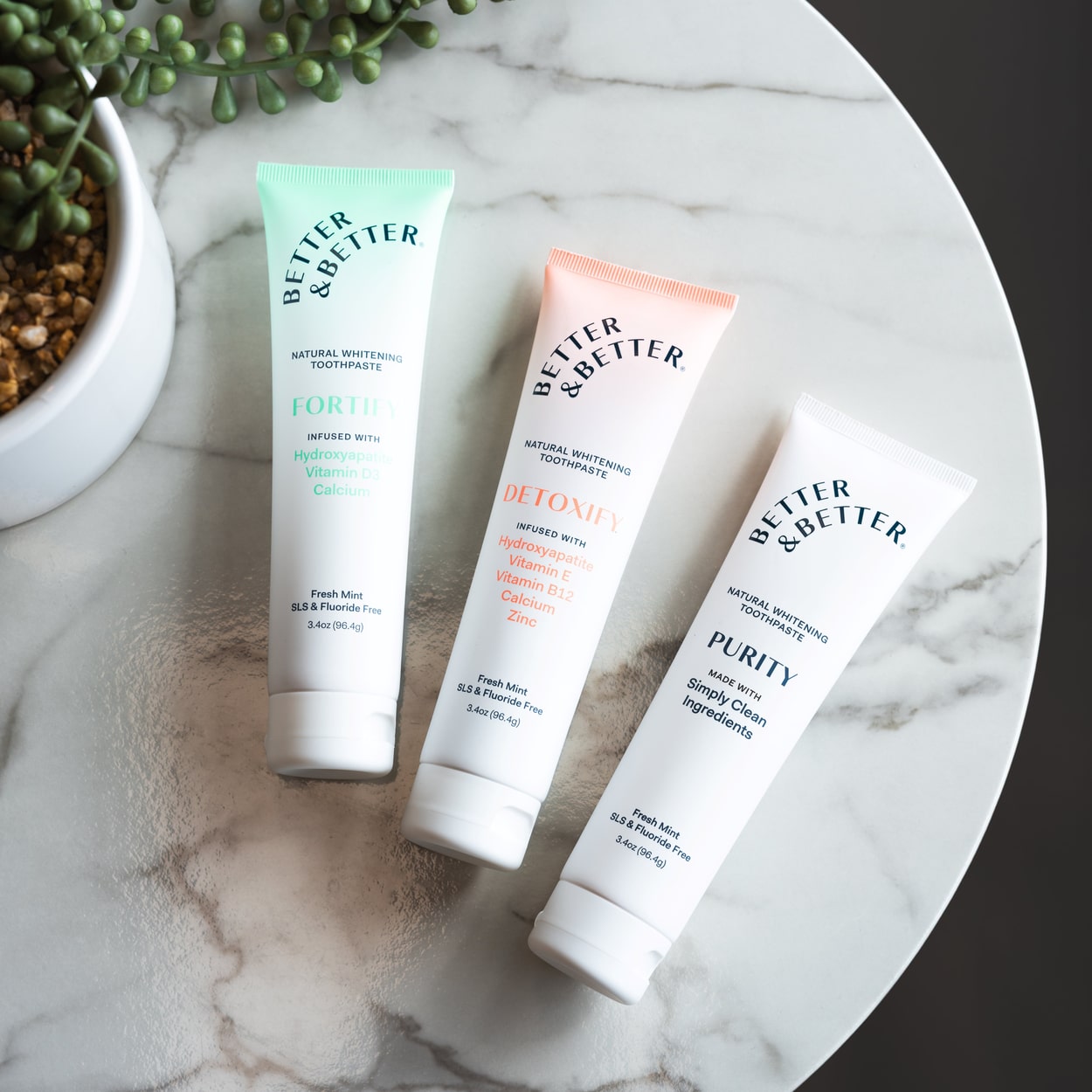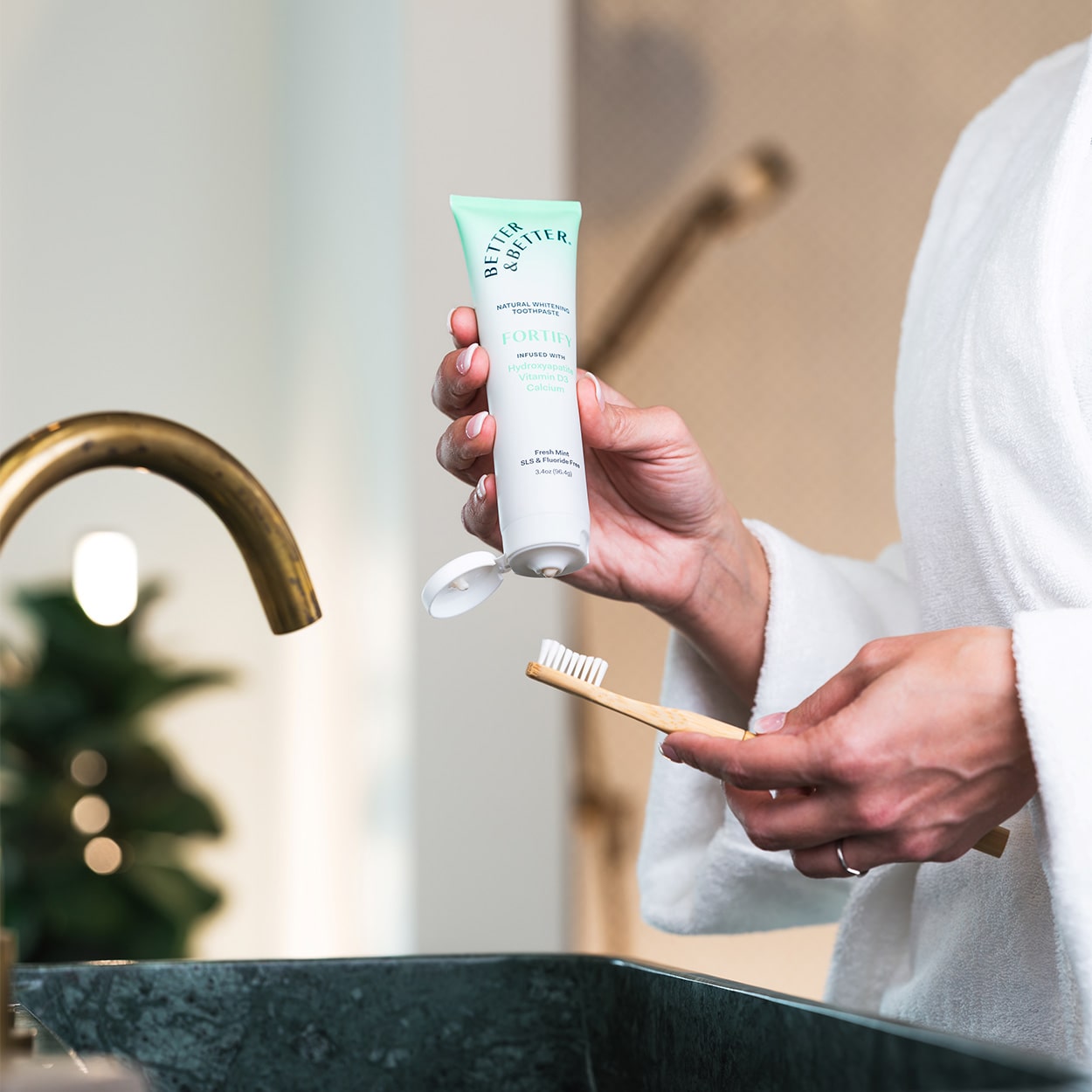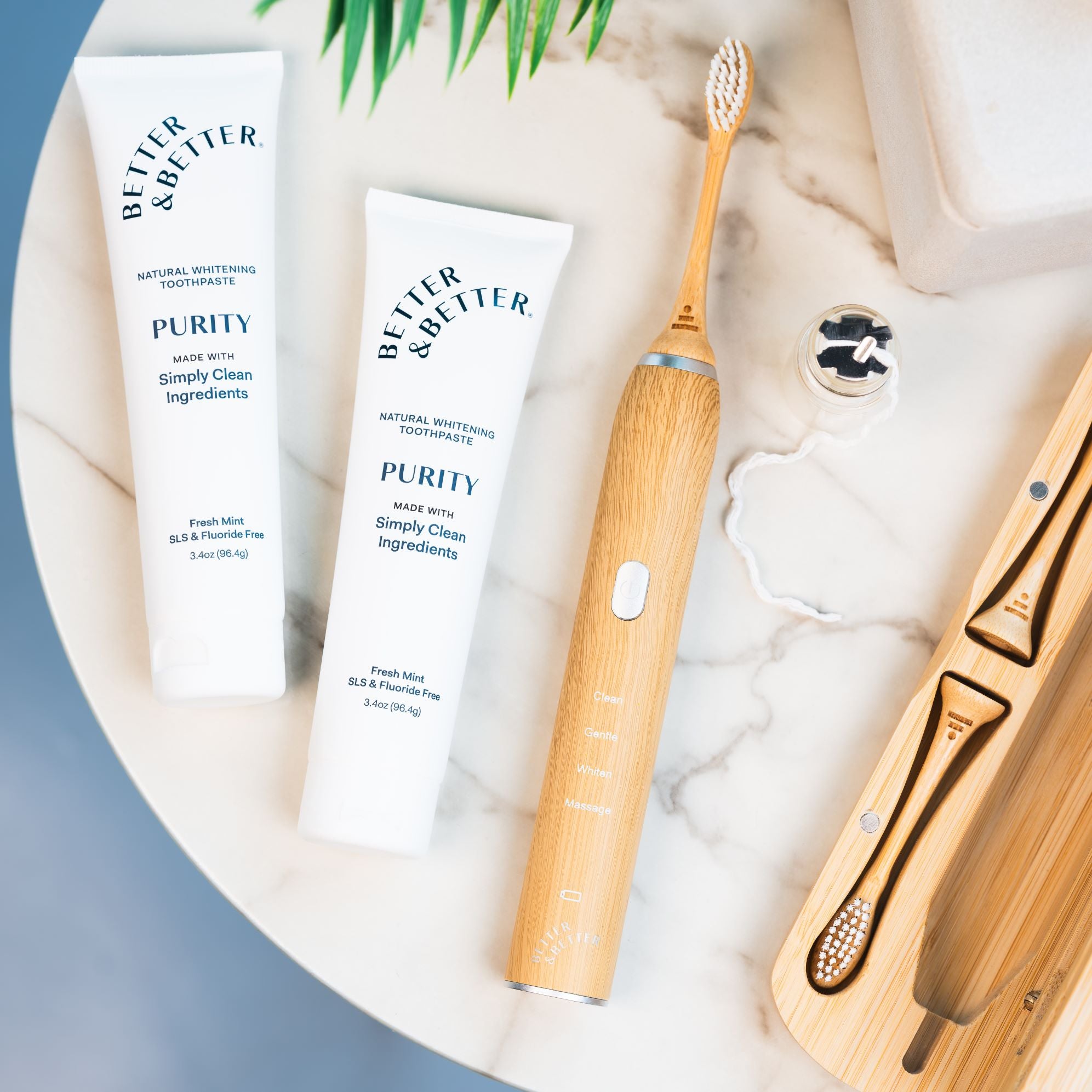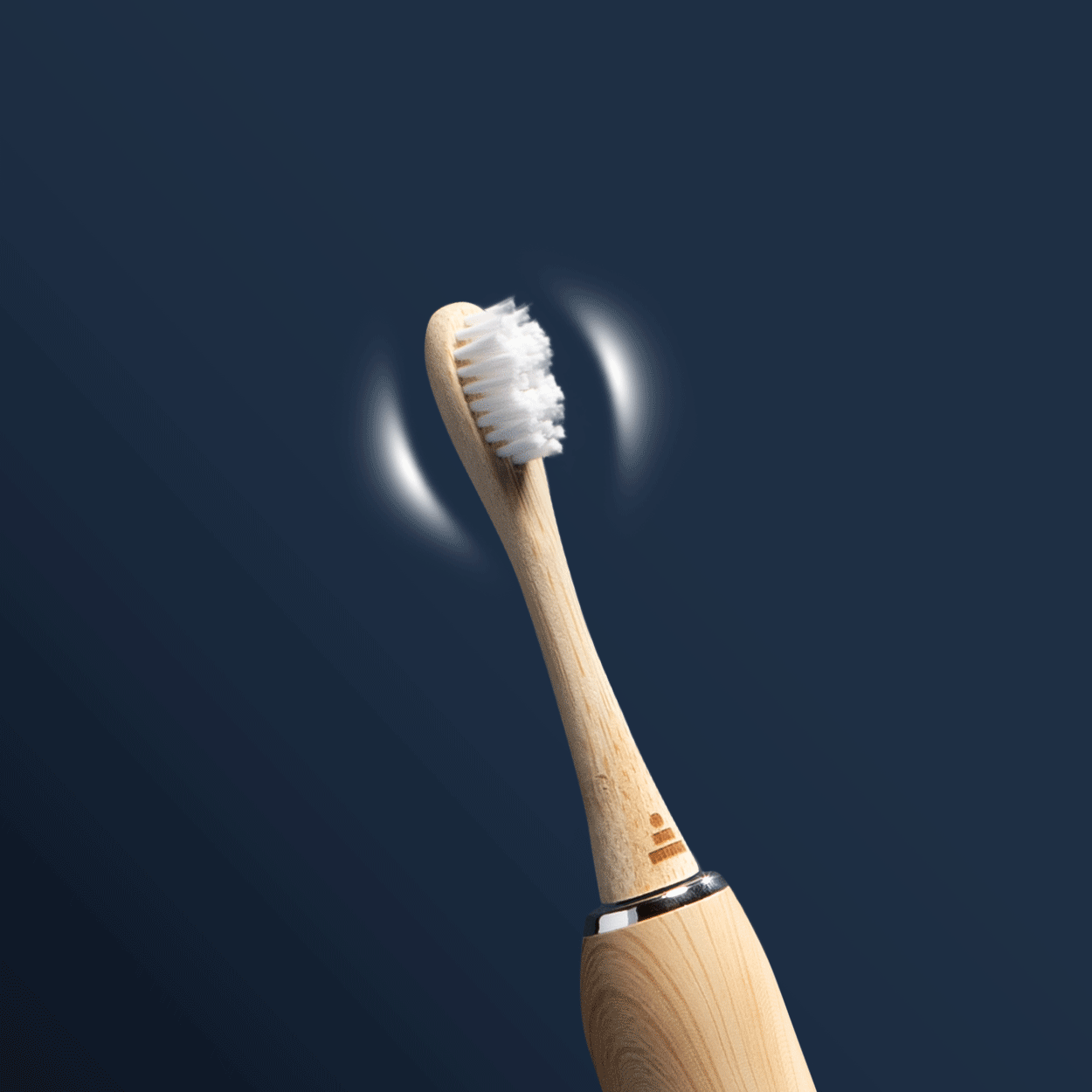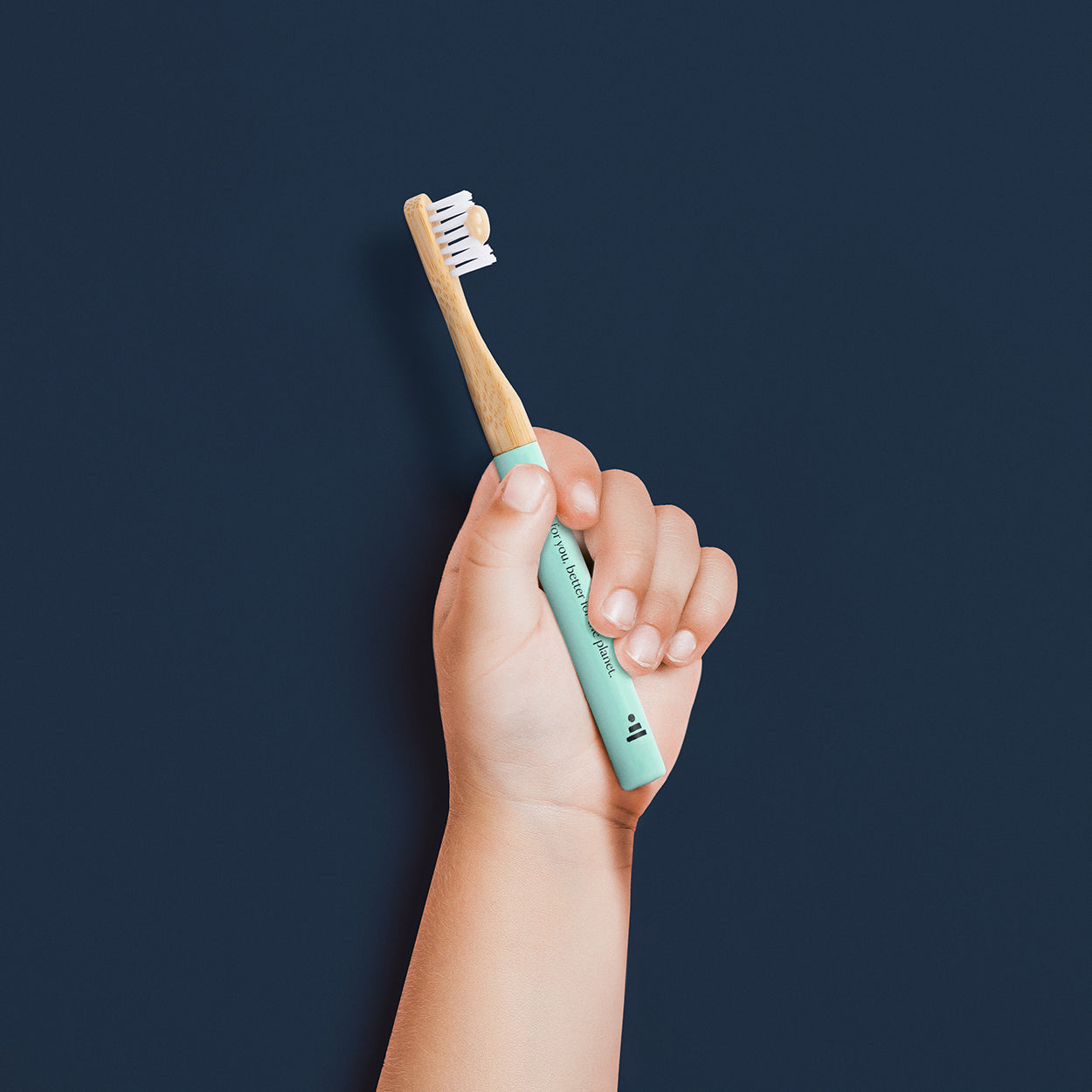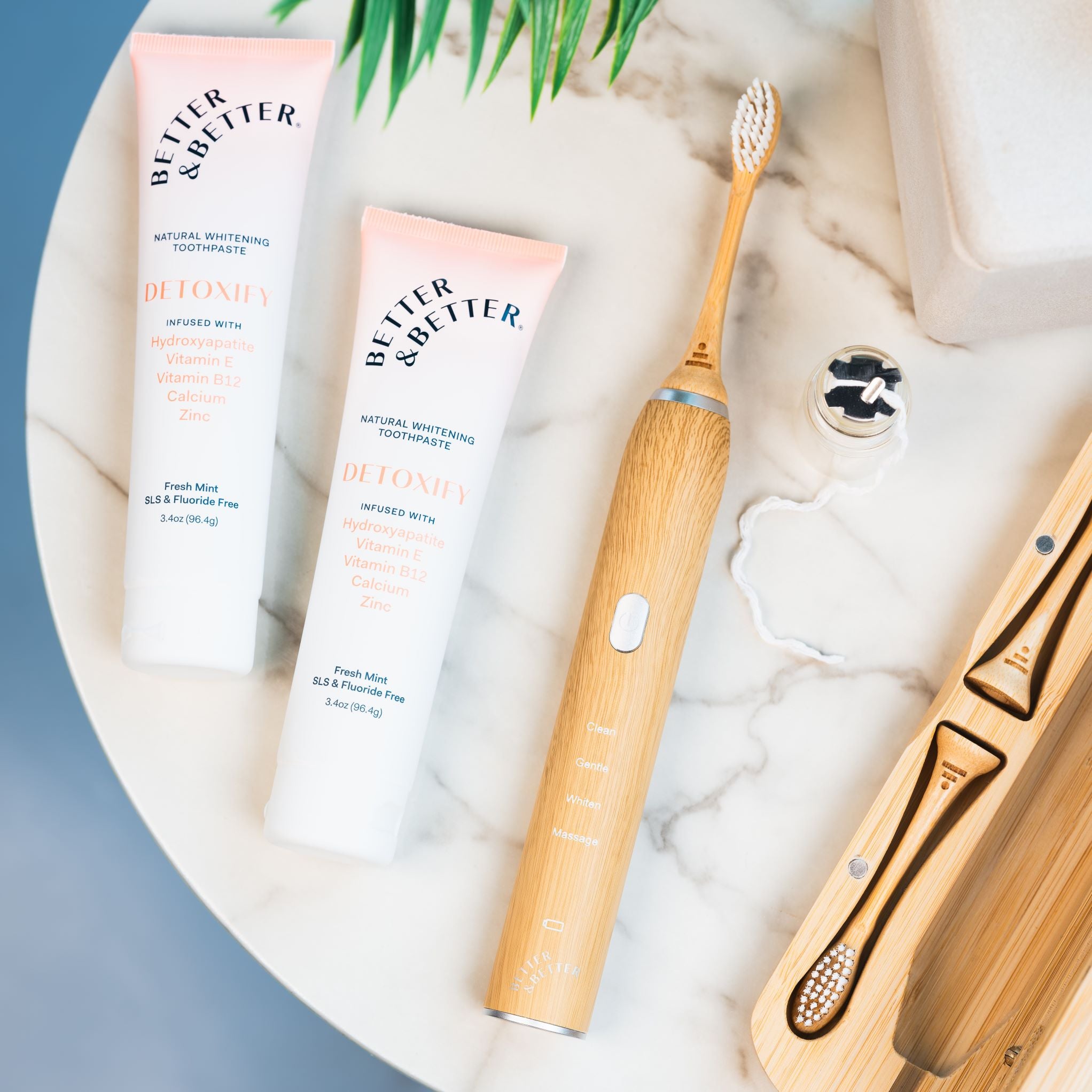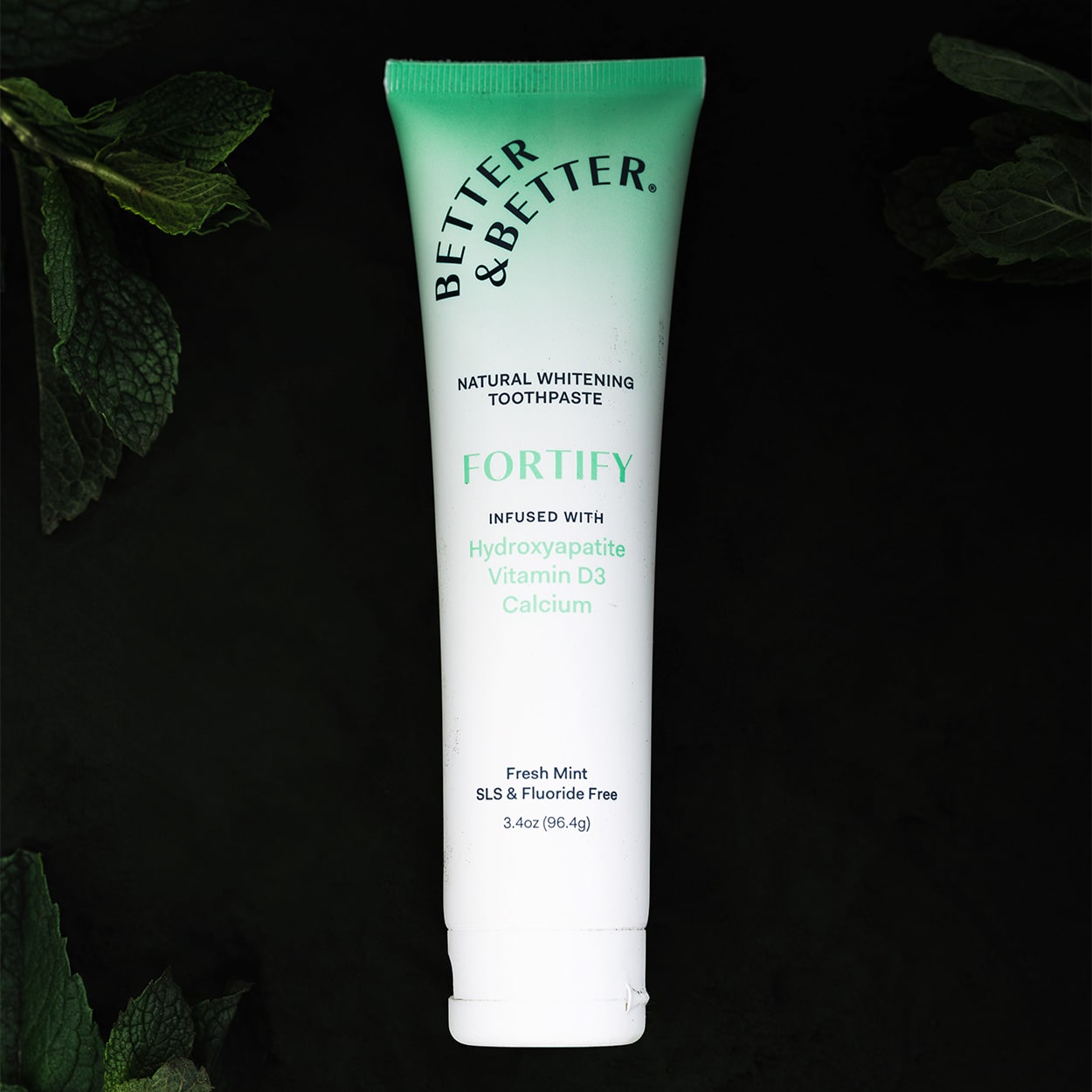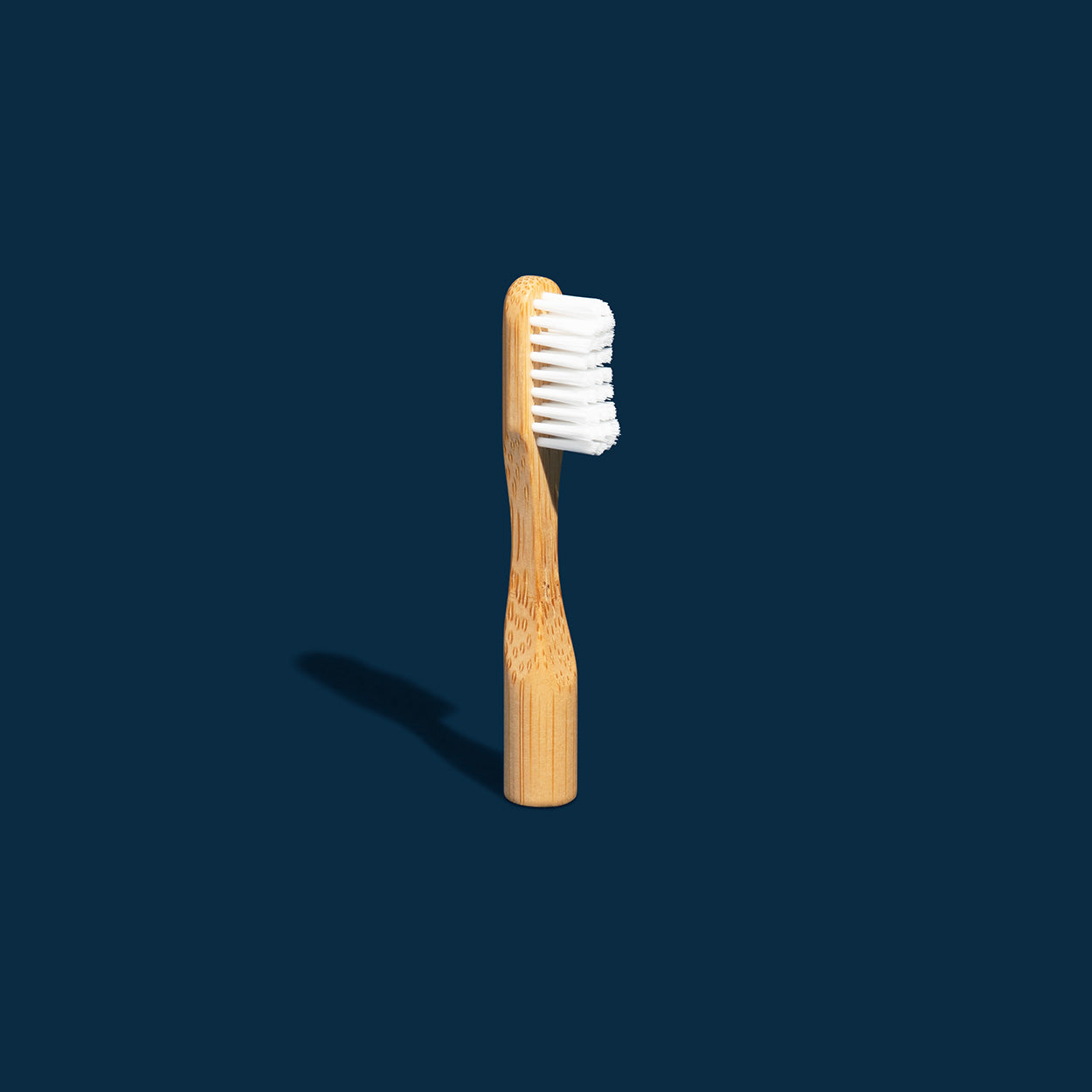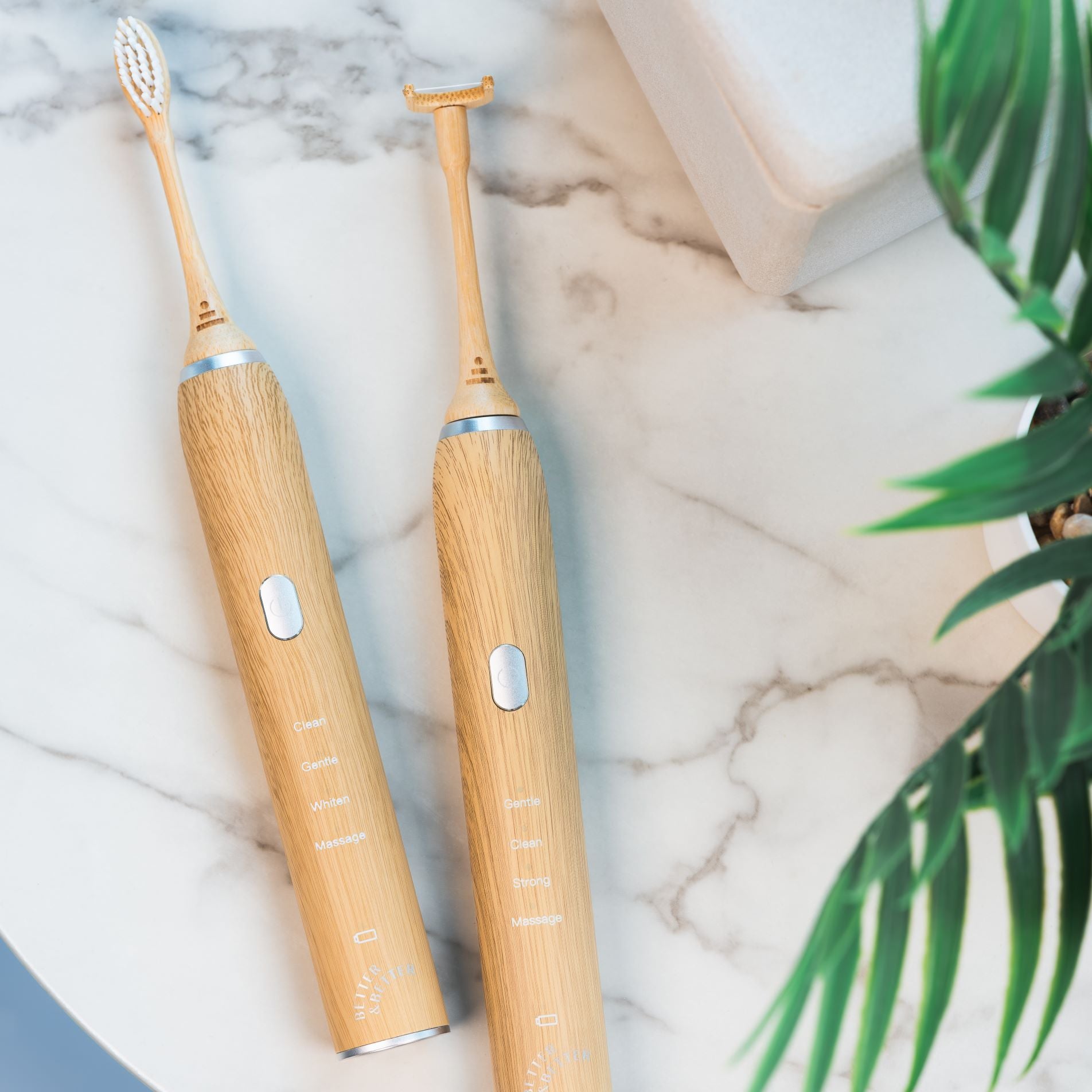No one wants to walk into a room, chat up a friend, and see them sour at the scent of bad breath. But before you turn to an alcohol-based mouthwash that’ll nuke all the microorganisms in your mouth or a mint or gum that just masks the problem, you may want to take a moment to consider common causes and your overall nutrition.
Why? Because beyond the food you eat (for instance, eating raw onions = immediate stinky breath), your baseline micronutrient levels can affect your breath day to day. And there’s one mineral in particular that you need to maintain fresh breath: zinc.
In this article, we’ll explain why zinc deficiency can cause bad breath, and provide a guide for easily increasing your zinc intake.
Zinc and Bad Breath
Zinc is one of the key minerals our bodies need to function properly. It’s a fundamental building block for growth, development, wound healing, and improving our immune system response.
When it comes to oral health, zinc is widely considered to be among the best vitamins and minerals for your teeth, gums, and breath. Zinc is critical for maintaining your mouth's natural defenses, and promoting the growth of healthy bacteria.
It’s also an essential component of saliva. When our saliva is balanced, our bodies are able to neutralize the acids in our mouths. Unbalanced saliva can lead to gum disease, tooth decay, and of course, bad breath. Furthermore, zinc deficiency can reduce saliva production, causing dry mouth. In addition to acting as a neutralizer against acids, one of saliva’s main roles is washing away leftover food particles, which can get trapped and lead to foul odors. Low zinc means low saliva levels, and heightened bad breath bacteria.
So, if you’re practicing exceptional oral hygiene habits and still struggling with bad breath, low levels of zinc may be the culprit. Just like bleeding gums may indicate inadequate vitamin C, lousy breath could mean you need more zinc. But how much zinc are we talking about?
How Much Zinc Do We Need?
The amount of zinc we need varies based on sex and lifestyle factors. You can use the below as a guide:
- Men: 11 mg per day
- Women: 8 mg per day
- Pregnant Women: 11-12 mg a day
How to Increase Your Zinc Intake
As is the case with most micronutrients, the best place to start addressing a deficiency is by evaluating and adjusting your diet. If dietary restrictions or lifestyle factors make getting enough zinc from your diet difficult, supplementation can be helpful. Supplementation can come from traditional supplements, or from zinc-infused oral health products.
Diet
Food Sources of Zinc Include:
- Shellfish
- Beef
- Poultry
- Legumes
- Nuts & Seed
- Whole grains
The most zinc-rich foods are animal products like shellfish and beef. While legumes, nuts, and whole grains are also good sources of zinc, the body may have more difficulty absorbing zinc from these sources. As such, those who follow a plant-based diet may want to consider zinc supplements.
Supplements
If you’re struggling to get adequate zinc from your diet, you can fill the gaps by adding supplements to your routine.
But a word of caution: it’s possible to overdo it on zinc supplements. Taking too much zinc can lead to side effects including nausea and difficulty absorbing other essential nutrients. It’s best to stick to the 8-11 mg daily goal.
Oral Health Products
In recent years, zinc-infused oral health products like toothpaste and mouthwashes have entered the mainstream market. Unlike swallowing traditional supplement capsules, swapping out your standard oral health go-tos for ones enriched with zinc is an easy way to ensure you're getting enough zinc — without having to add a step to your routine.
Research shows that brushing with a zinc-infused toothpaste can help address and combat halitosis. One example is Better & Better’s Balance Vitamin Mouth Spray which contains a daily dose of zinc, as well as vitamins C and E. When you brush with Immunity twice daily, you’re brushing with over 50% of your recommended daily value of these oral health-boosting nutrients. While all toothpastes freshen breath on the surface, only a zinc-infused toothpaste like Immunity can address the root cause of zinc deficiency.
Fresh Breath Starts with Whole Body Health
We’ve already established that zinc is critical for neutralizing oral odors and maintaining your mouth's natural defenses. But zinc deficiency is not the only macronutrient deficiency that can cause oral issues. Periodontitis, for example, has been linked to a lack of vitamin D. Bleeding gums can indicate low levels of vitamin C. Vitamin A deficiency also hinders saliva production.
So, how do you get your essential nutrients for a healthier smile and better-smelling breath?
Start by adjusting your diet to incorporate more foods rich in zinc, and vitamins C, D, A, and E. To make sure you have all your bases covered, we recommend adding our Balance Vitamin Mouth Spray to your daily routine. It's packed with ingredients your mouth loves, including zinc, vitamins like C, D, and B12, and xylitol. When you use a liquid vitamin spray, your body absorbs these vital nutrients directly into the bloodstream via the super absorbent tissues in the mouth. A few sprays a day is all you need to ensure you're getting a daily dose of zinc and other essentials vitamins that help fight bad breath at the source.



